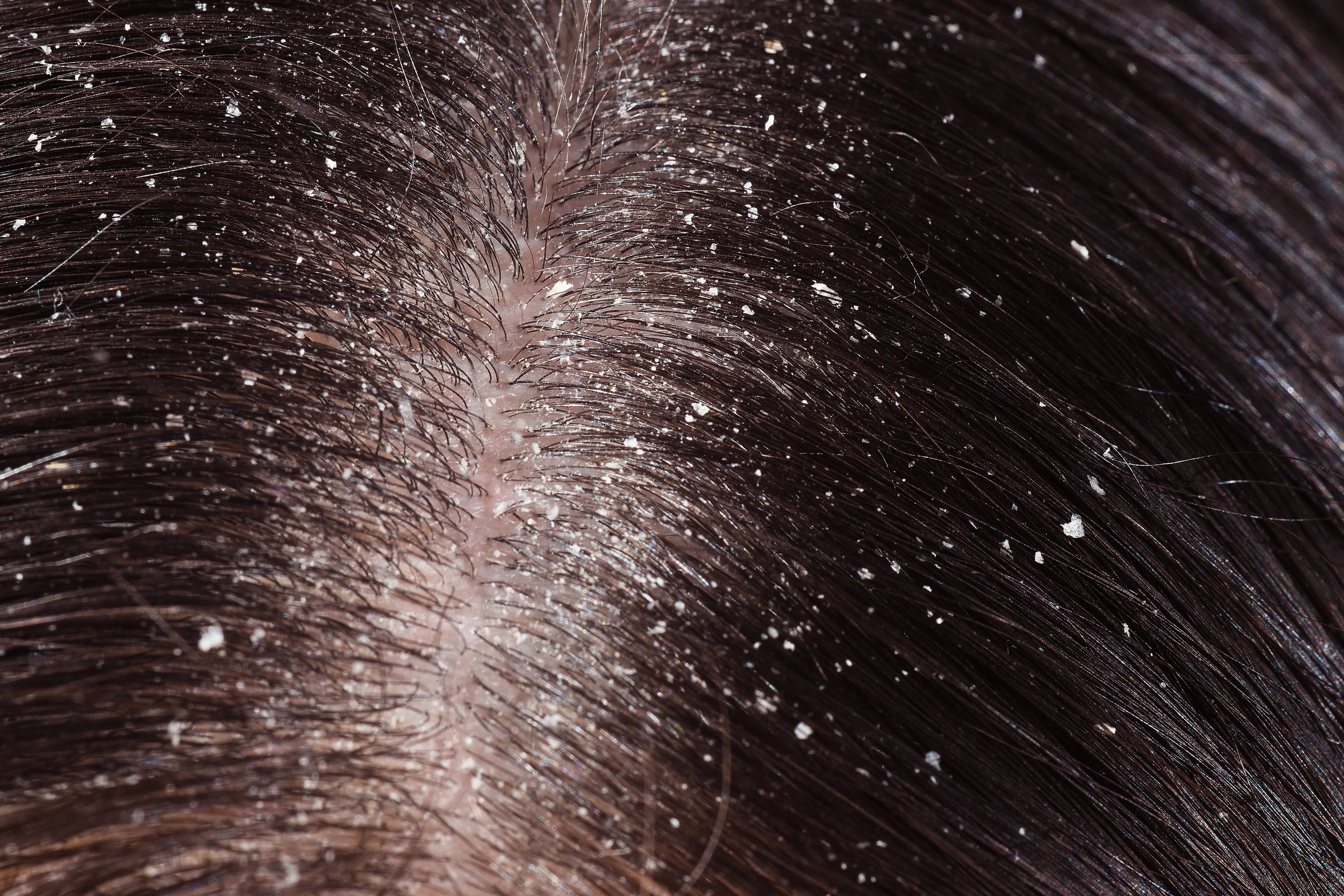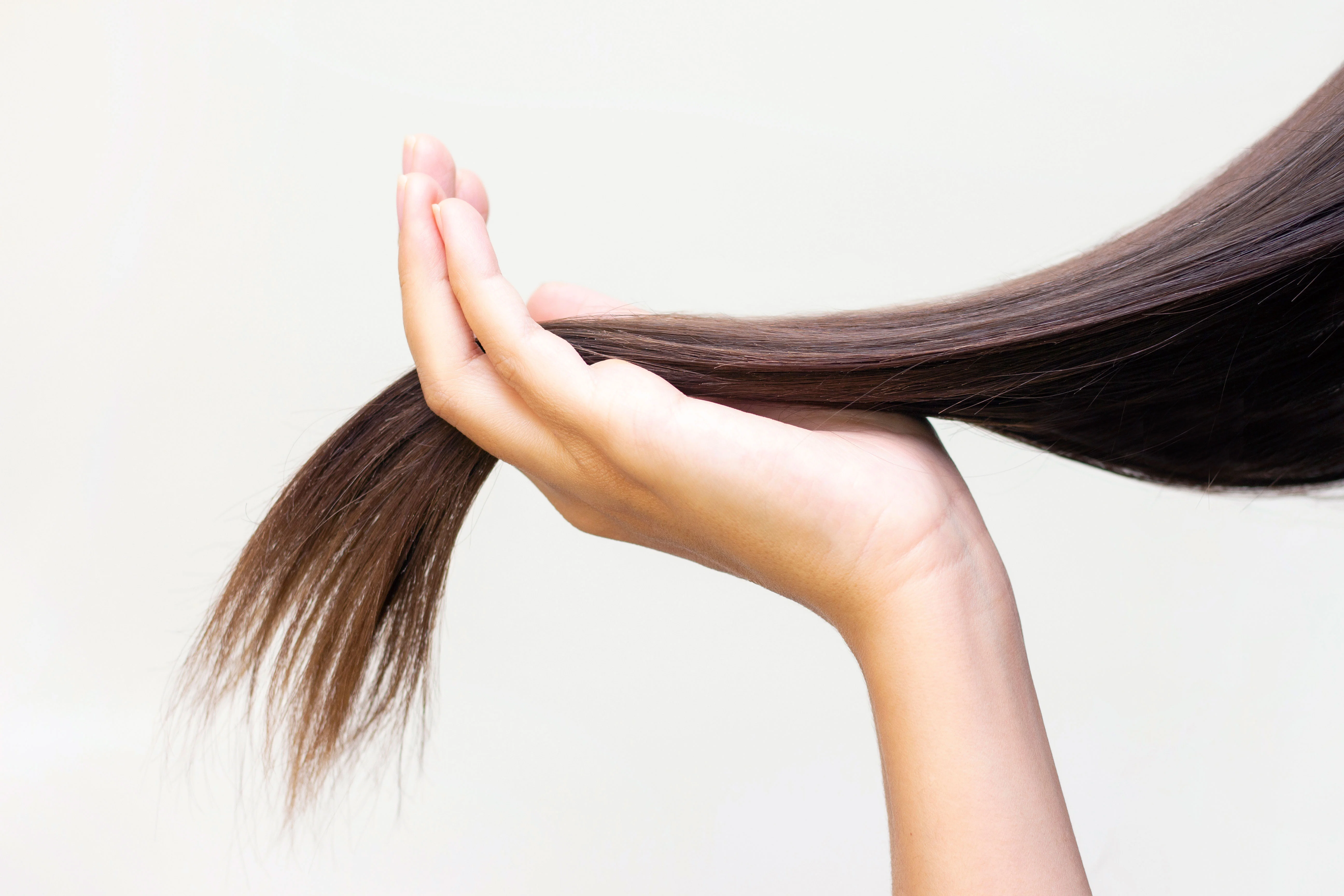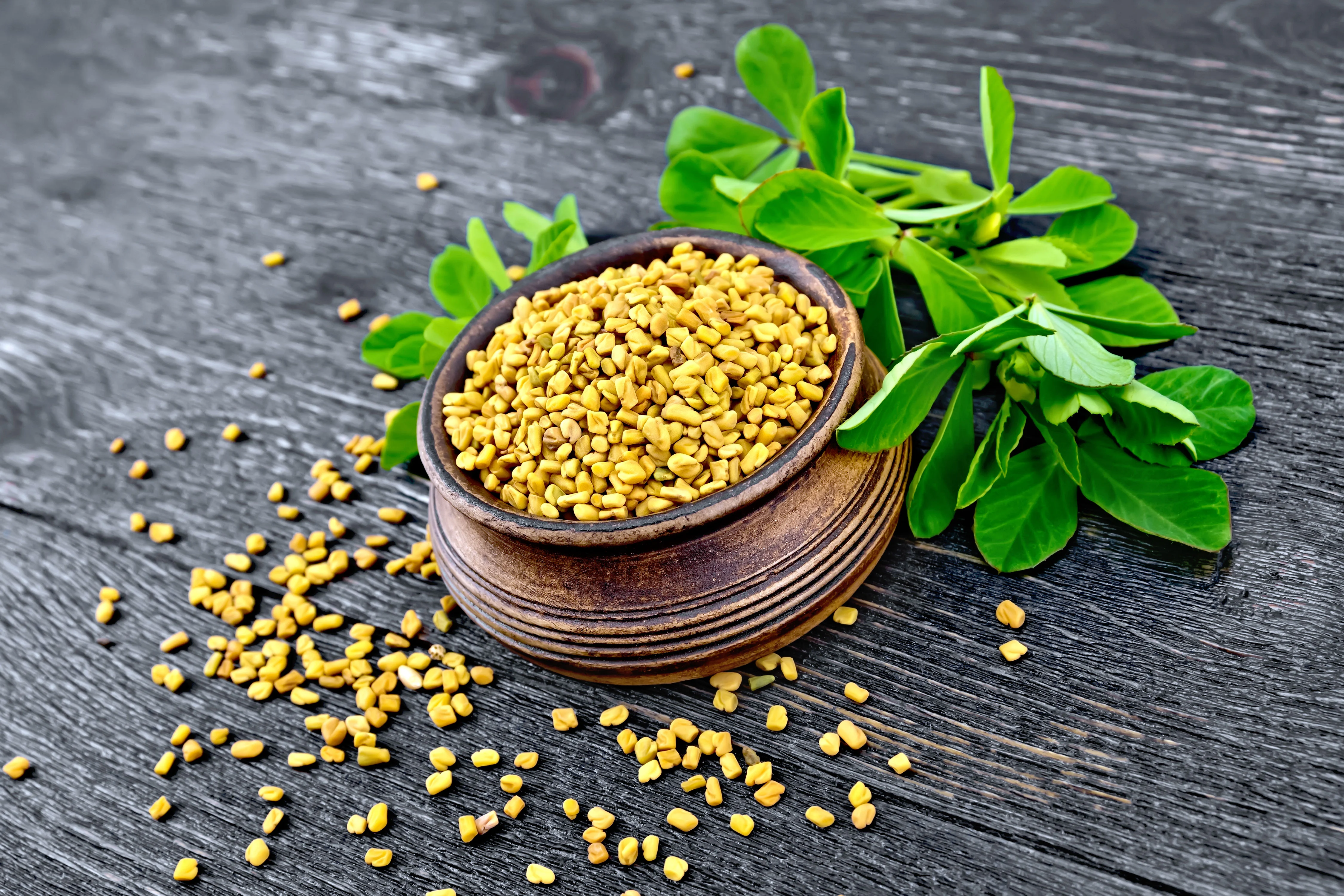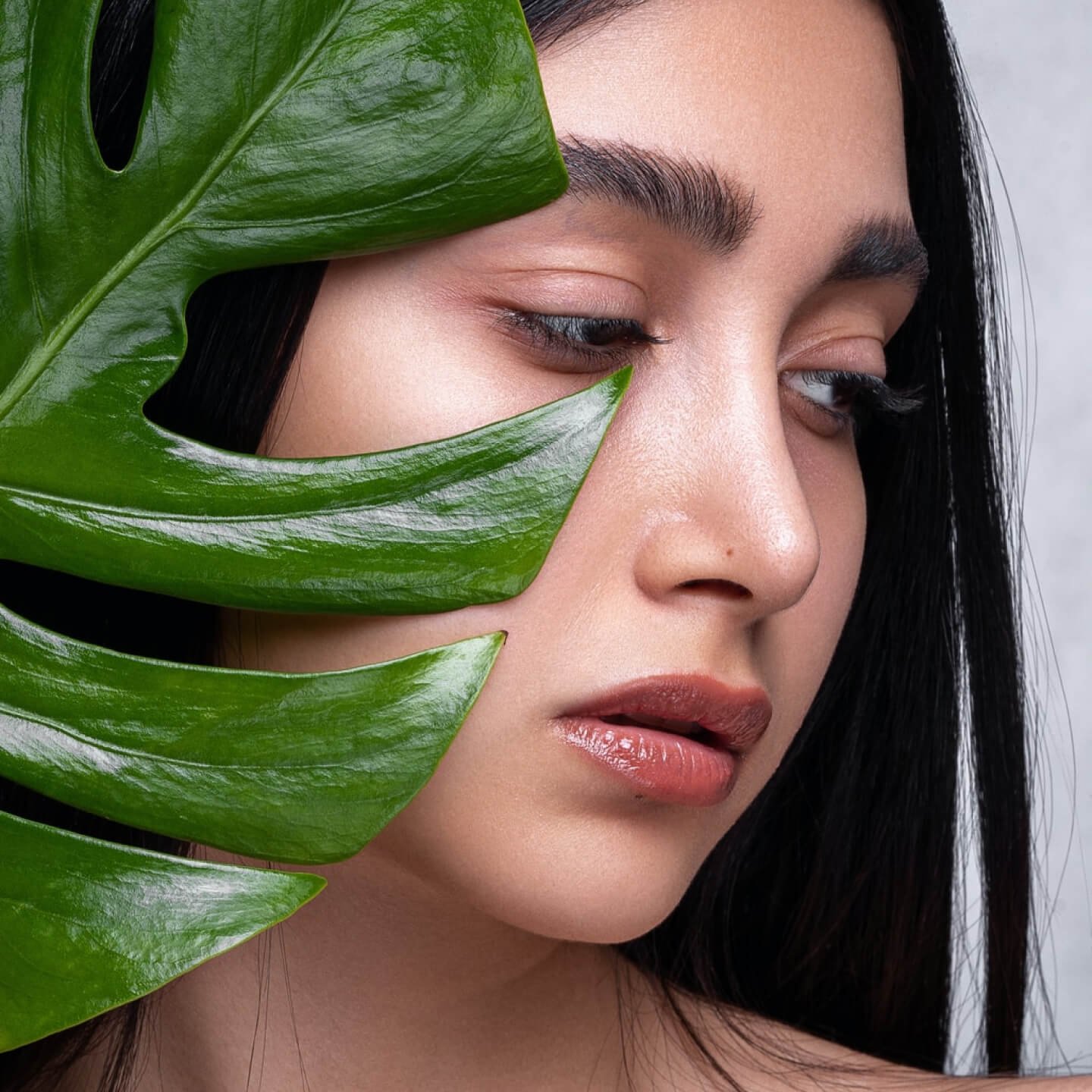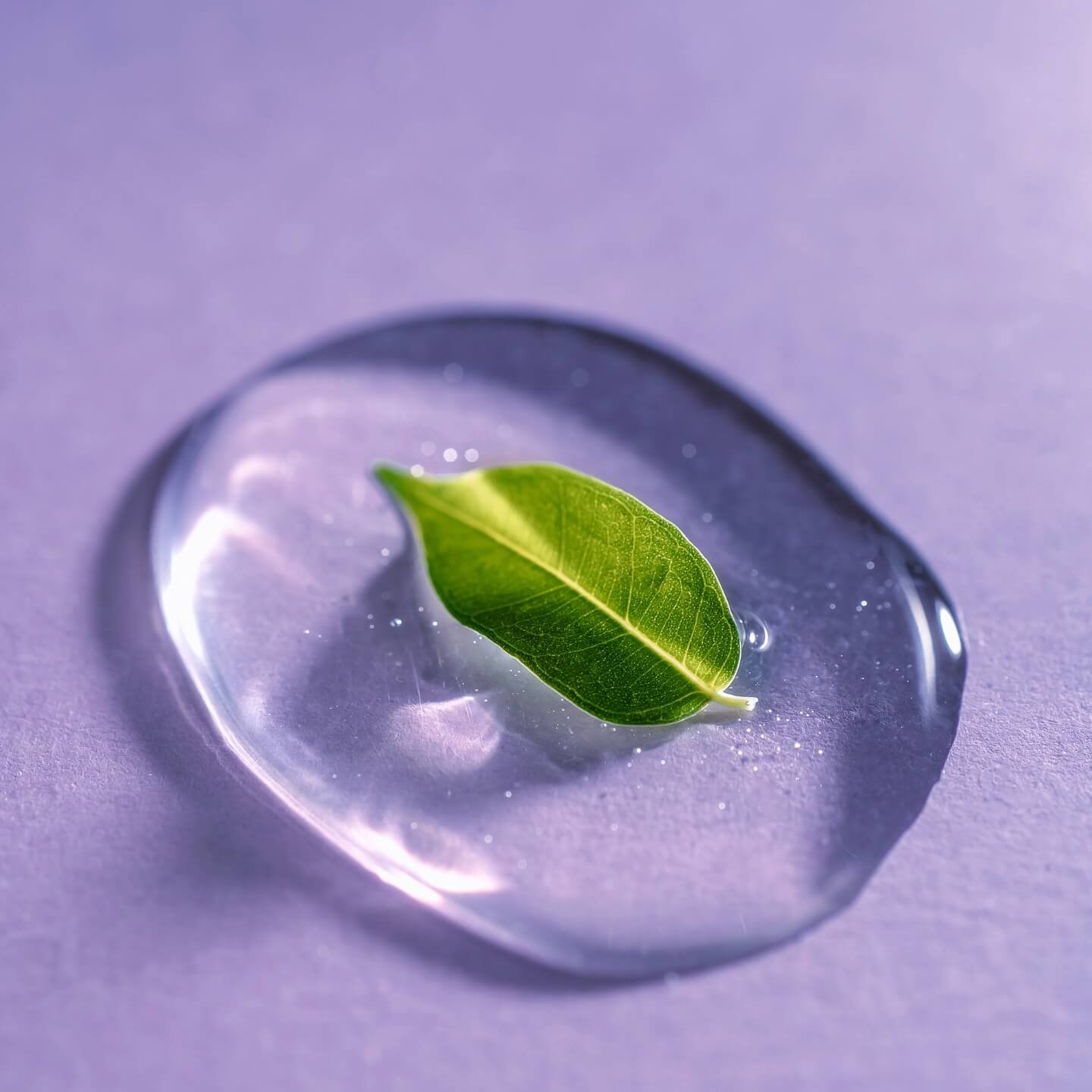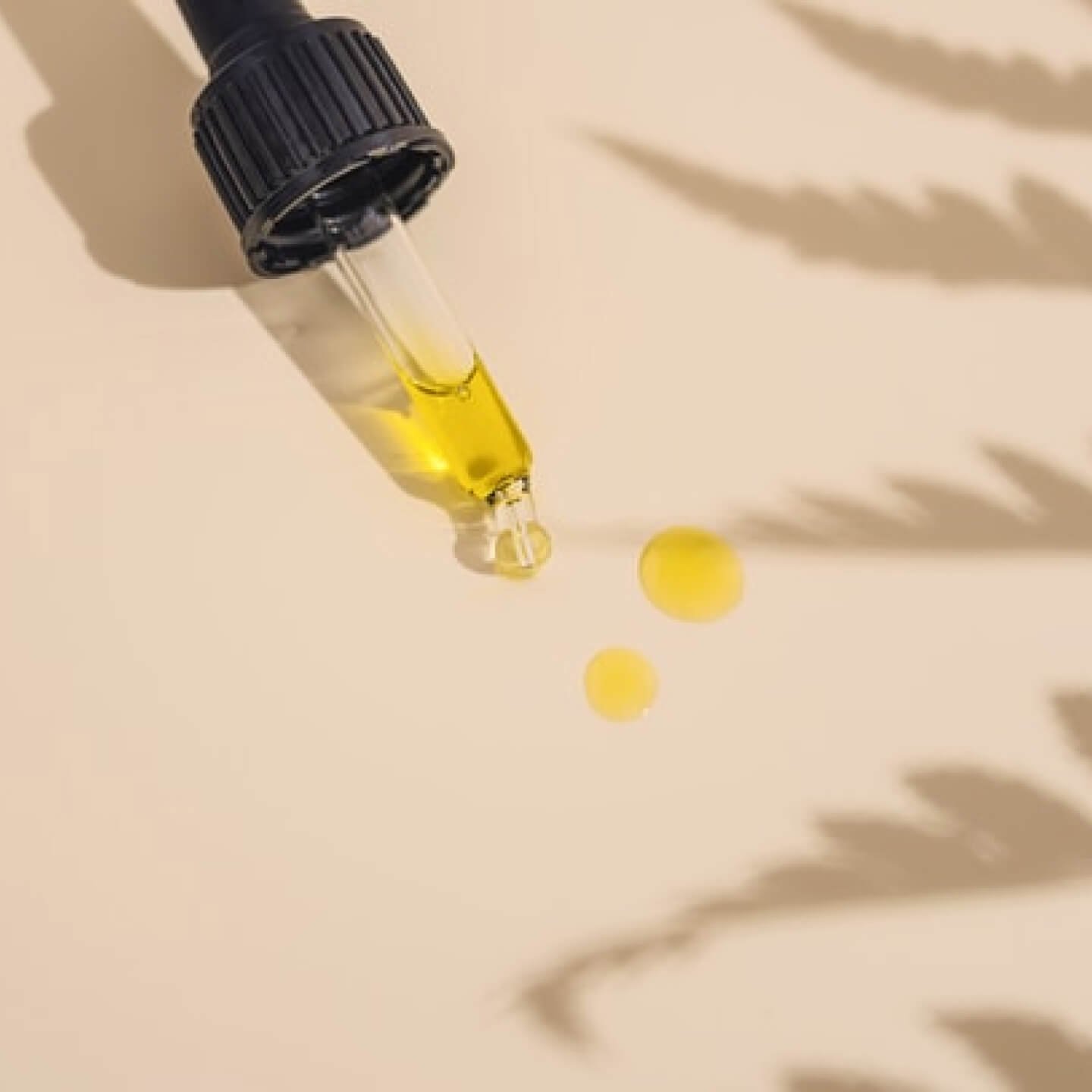Dealing with dandruff can be a frustrating and uncomfortable experience, but understanding its underlying cause of dandruff is essential for effective treatment. In this article, we will examine the common causes of dandruff and explore various ways to treat it, from natural remedies to specifically designed shampoo for dandruff. Whether you suffer from occasional flakes or persistent dandruff, read on to learn how to combat this common scalp issue and achieve a healthy, flake free head of hair.
What is Dandruff?
Dandruff is a common scalp condition that results in the shedding of dead skin cells from the scalp. While the precise cause of dandruff is not fully understood, it is believed to be associated with a combination of factors, such as an overgrowth of naturally occurring scalp fungi, certain skin conditions like psoriasis or eczema, sensitivity to hair products, changes in lifestyle, weather conditions, etc.
Dandruff can manifest as white or yellow flakes on the scalp or in the hair, and it can be accompanied by symptoms such as:
1. Flaky skin on the scalp.
2. Itchy or irritated scalp.
3. Oily or greasy hair.
4. Redness or inflammation on the scalp.
5. Scales or patches on the scalp.
If you are encountering these symptoms, it is essential to seek treatment to address the underlying cause of your dandruff. By identifying the root cause and taking steps to treat it, you can achieve a healthy, flake-free scalp and avoid the discomfort associated with dandruff.
Reason For Dandruff
As mentioned above, there isn't a single definitive cause of dandruff; several factors can contribute to its development. Below are some of the reasons for dandruff:
Dry, Irritated Scalp: A dry scalp can cause dandruff because it can produce more skin cells that die and flake off. This can happen if the scalp is not moisturized enough or is exposed to harsh chemicals or weather conditions that strip the scalp of its natural oils. An irritated scalp can also lead to dandruff, as it can cause inflammation and increase sebum production, which can lead to the growth of yeast and fungi that contribute to dandruff.
Oily scalp: On the other hand, an oily scalp can also contribute to dandruff. This is because excess oil (sebum) can cause the growth of a yeast called Malassezia, which is a normal inhabitant of the scalp but can cause dandruff when it grows out of control.
Shampooing habits: Infrequent washing or using the wrong shampoo can also contribute to dandruff. For example, not washing your hair often enough can provoke a buildup of dead skin cells and oils, leading to dandruff. Using a shampoo that is too harsh or contains certain irritants can also cause dandruff, as it can dry out the scalp and cause it to become inflamed.
Fungal overgrowth (e.g., Malassezia): As mentioned earlier, the overgrowth of Malassezia, a type of yeast that lives on the scalp, can contribute to dandruff. Once the yeast grows out of control, it can cause inflammation and increase sebum production, leading to the formation of scalp flakes.
Sensitivity to hair care products: Some people may be sensitive to specific ingredients in hair care products, such as sulfates. This can cause an itchy, inflamed scalp that leads to dandruff.
Other skin conditions (e.g., psoriasis, eczema): Dandruff can also be a symptom of other skin conditions, such as Seborrheic Dermatitis, psoriasis, or eczema. In these cases, the dandruff is often more severe and accompanied by other symptoms like redness, itching, or flaking skin elsewhere on the body.
Age: As we age, the production of sebum (an oily substance that aids in keeping skin and hair moisturized) decreases, leading to a dry scalp and dandruff. Additionally, the turnover rate of skin cells slows down with age, which can cause a buildup of dead skin cells on the scalp and contribute to dandruff. However, it becomes less common among people over 50 years old, according to a study published in the Journal of Clinical and Investigative Dermatology.
Stress: Stress can cause changes in the body that can lead to dandruff. For example, stress can trigger an overproduction of sebum on the scalp, contributing to dandruff. Stress can also affect and weaken the immune system, making it extremely difficult for the body to fight off skin infections that can cause dandruff.
Lifestyle Changes: Changes in diet, sleep, or exercise habits can also contribute to dandruff. For example, a diet high in sugar and processed foods can contribute to inflammation and dandruff. Lack of sleep can also weaken the immune system and contribute to dandruff. Finally, sweating from exercise can cause a buildup of oil and dead skin cells on the scalp, which can contribute to dandruff.
Treatments for Dandruff
Many treatments are available, including medicated shampoos, natural remedies, and lifestyle changes. Medicated shampoos can effectively reduce the symptoms of dandruff, but they can also be harsh on the scalp and hair. It is crucial to find a balance that works for you. Natural remedies, such as Fenugreek seeds, Ashwagandha, and Bakuchiol oil, can also help treat dandruff.
If you are searching for a product that can help reduce dandruff while nourishing your hair, consider using Napa's Damage Repair - Aloe Vera and Hyaluronic Acid Shampoo & Conditioner. This product is specially formulated with a combination of hydrating and moisturizing ingredients, including Hyaluronic Acid, Aloe Vera, Keratin Protein, and Pro-Vitamin B5. These ingredients work together to soothe dry, itchy scalp and restore moisture to your hair. Plus, it is gentle on your scalp.
In addition to using the right products, lifestyle changes can also help reduce the occurrence of dandruff. Avoiding stress, eating a balanced diet, and getting enough sleep can contribute to a healthier scalp and hair. By taking a holistic approach to your hair and scalp care, you can treat dandruff and promote overall hair health.
Visit our website to learn more about the cause of dandruff or your specific hair concerns and how to achieve those long luscious locks–no matter your hair type.
FAQ:
Is dandruff a symptom of anything?
Yes, dandruff can be a symptom of several underlying conditions, including dry skin, eczema, psoriasis, seborrheic dermatitis, or fungal infections.
Is dandruff caused by stress?
Stress is not an immediate cause of dandruff. However, it can exacerbate existing dandruff symptoms and contribute to skin irritation.
How do I stop dandruff naturally?
You cannot completely stop dandruff. However, here are some natural remedies to help reduce dandruff:
. Wash your hair regularly.
. Use an anti-dandruff shampoo.
. Dilute your shampoo in water and cleanse your scalp twice. That way, it won't be harsh on your sensitive skin, yet clean it thoroughly.
. Massage your scalp with warm oil. Bakuchiol oil can help moisturize and reduce scalp flakes.
. In case dandruff persists or worsens, consider speaking with a healthcare professional.
What is the biggest cause of dandruff ?
One of the biggest causes of dandruff is seborrheic dermatitis, a type of skin irritation that affects the scalp. Several factors, including overactive oil glands in the skin, yeast, and fungal infections, can cause this condition.
Is dandruff fungal?
In a few cases, dandruff can be caused by a fungal infection of the scalp known as pityriasis capitis. This type of dandruff typically causes red, scaly patches and itching and may require antifungal treatment. You should regularly wash and brush your hair to prevent product buildup and dead skin cells. Also, look for dandruff solution shampoos that are specifically designed to tackle your dry, flaky scalp.




